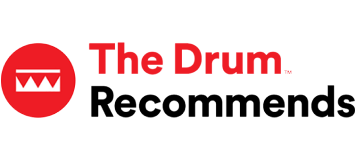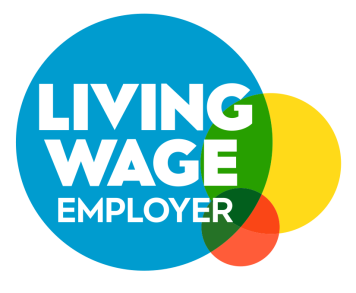How to Build a Content Marketing Strategy
The Content Marketing Institute revealed the most successful marketers are more likely to ‘have a high level of commitment to content marketing’ and ‘deliver content always or frequently’.
Without a strategy you’re leaving your efforts down to luck and that can go both ways - success or failure, and why take the risk?
Here we’ll take a look at the steps you should take to build a content strategy and eliminate that risk.
SET OUT YOUR GOALS
First things first, you should be looking at what you want to achieve with your content marketing. Content is an investment for any business, taking time and talent to produce high quality content that will really make a difference.
With these aims in mind, you’re ready to develop your strategy. That way, you’ll make sure you’re getting exactly what you want for your effort and money, satisfying at least one of your goals with each piece.
Have a think about what’s important to you:
Backlinks and SEO success?
Improving revenue?
Converting leads?
Positioning your company as a market leader?
Driving blog traffic or more traffic to your site?
Brand authority?
Brand awareness?
Next, it’s worth considering how you’ll measure your success with this strategy. What will your KPIs be? Here are a few examples you could consider:
Hit a higher sales target within a set time
See an increase in traffic to your site
Improve your overall search ranking or your ranking for specific targeted keywords
TYPES OF CONTENT
It’s a great idea to embrace lots of different types of content when you have a range of targets to hit, because with each type comes a variety of benefits.
Review and identify your most important KPIs so you can create content to deliver on these.
BuzzSumo is a great tool for discovering popular content and generating content ideas for your strategy.
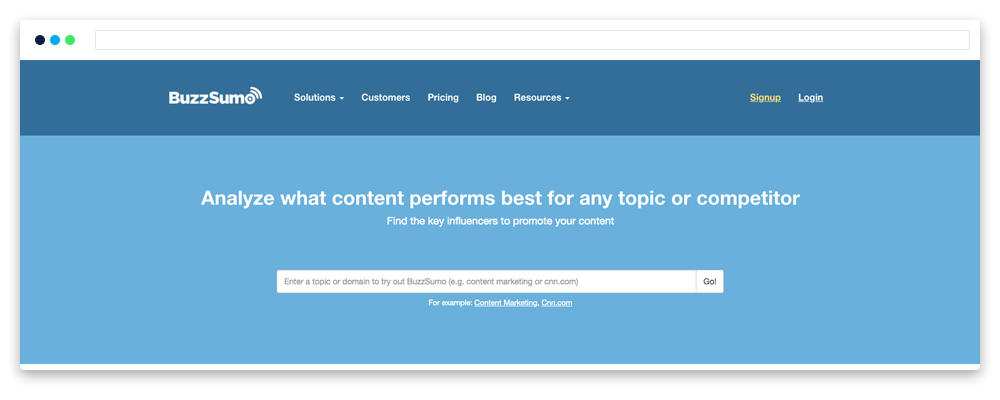
Here are a few ideas to satisfy some specific goals:
Blog posts
Blog posts are the chameleon of content. There’s definitely no shortage of possibilities on what type of blog post to write about and they’re often very important for effective SEO. When implemented well, that can also help you fly up those rankings.
Consider options such as:
Releasing statistics
Monthly round-ups
Interviews
Best practices
New products
Opinion pieces on market news
Starting with keyword research will help you to see what your customers are asking and typing into their browser. You can form relevant content based around this - a very effective way to bring new traffic to your site.
In this piece we created for our client, CarTakeBack Australia, we conducted keyword research to find popular search queries around a relevant scrap car topic - personalised car number plates. The blog has brought in thousands of new visitors to the site and is the top blog post for traffic.
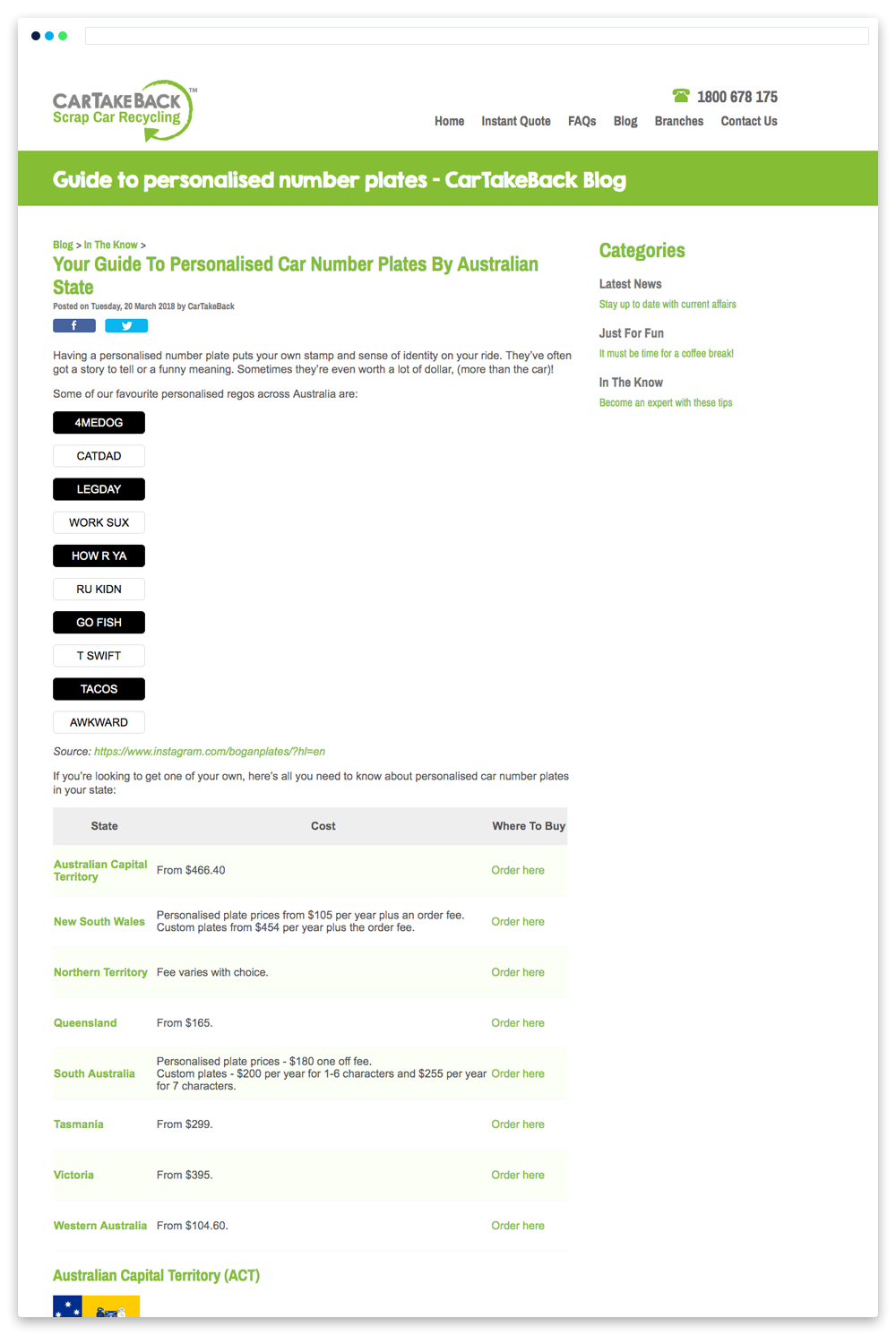
Press release
Press releases are a great tool for raising your brand awareness and potentially securing backlinks. When done well, they can signal to Google that your business is trustworthy and an authority in the field.
News sites and the big lifestyle sites are inundated with news releases, so how can you stand out amongst the noise?
Try building an original study that offers a new angle on a popular, under-researched topic or a hot topic currently grabbing the headlines. Releasing statistics or insight related to your own data is another way to capture those backlinks and much-sought engagement.
We took this approach with our client, CarTakeBack UK, conducting our own national survey into drink driving. The key to this campaign was timing; we released the unique statistics and findings around Christmas when drink-driving often hits the front page, but we also provided a new insight. This successfully grabbed the headlines, securing brand coverage in The Independent, The Express, The Scotsman, MSN, Yahoo News, BBC Radio Wales. Along with backlinks on SAGA and The Institute of Alcohol Studies.
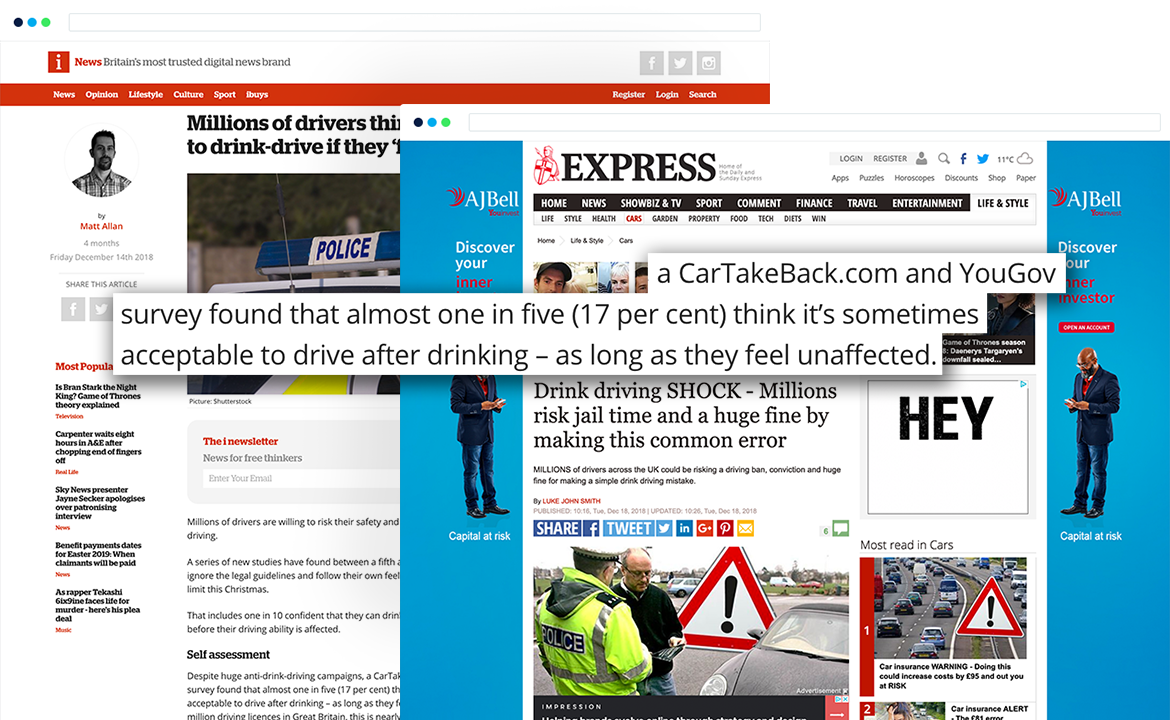
Expert guides
Tutorial guides can help to boost your search rankings, carrying high authority and demonstrating to Google that your business is an expert and authority in your relevant field.
Not only that, but ‘how to’ guides educate your potential customers, prove industry expertise, build brand trust, encourage sites to link to your content and solidify your reputation in the market. This benefits all sorts of goals such as, SEO success and converting leads, both leading to potential increased revenue.
In this piece we created for Puck Stop, we conducted thorough keyword research and answered queries from our target audience throughout the guide. This piece now ranks number 1 for numerous relevant searches such as ‘ice hockey beginners’, and consistently brings in new potential customers to the site.
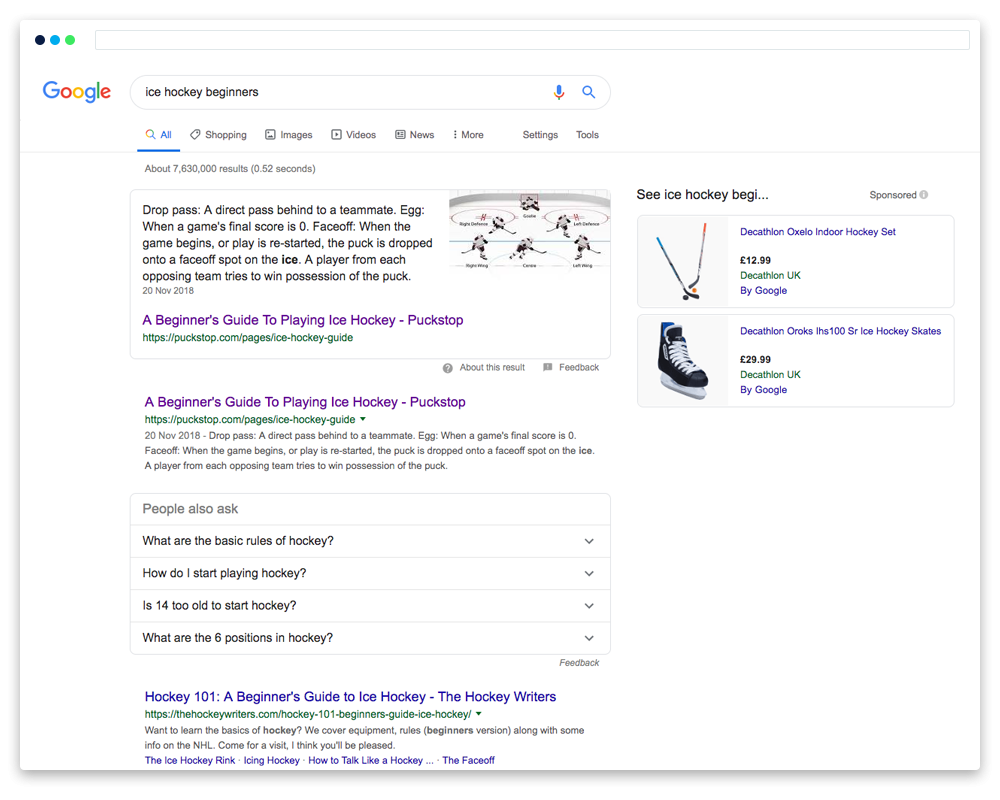
Case studies, testimonials and reviews
67.7% of purchasing decisions are impacted by online reviews. When you visit a site as a potential customer, understandably you want proof that the company can deliver the goods. Creating case studies including previous customer/client testimonials and reviews can be very effective building for trust and influencing these purchasing decisions positively.
Particularly, case studies are vital for lead conversion and provide the opportunity to showcase why you’re better than your competitors and display your success stories.
At Evoluted, we dedicate a section of our site to case studies, highlighting our top results for each campaign, the project details and a client testimonial.
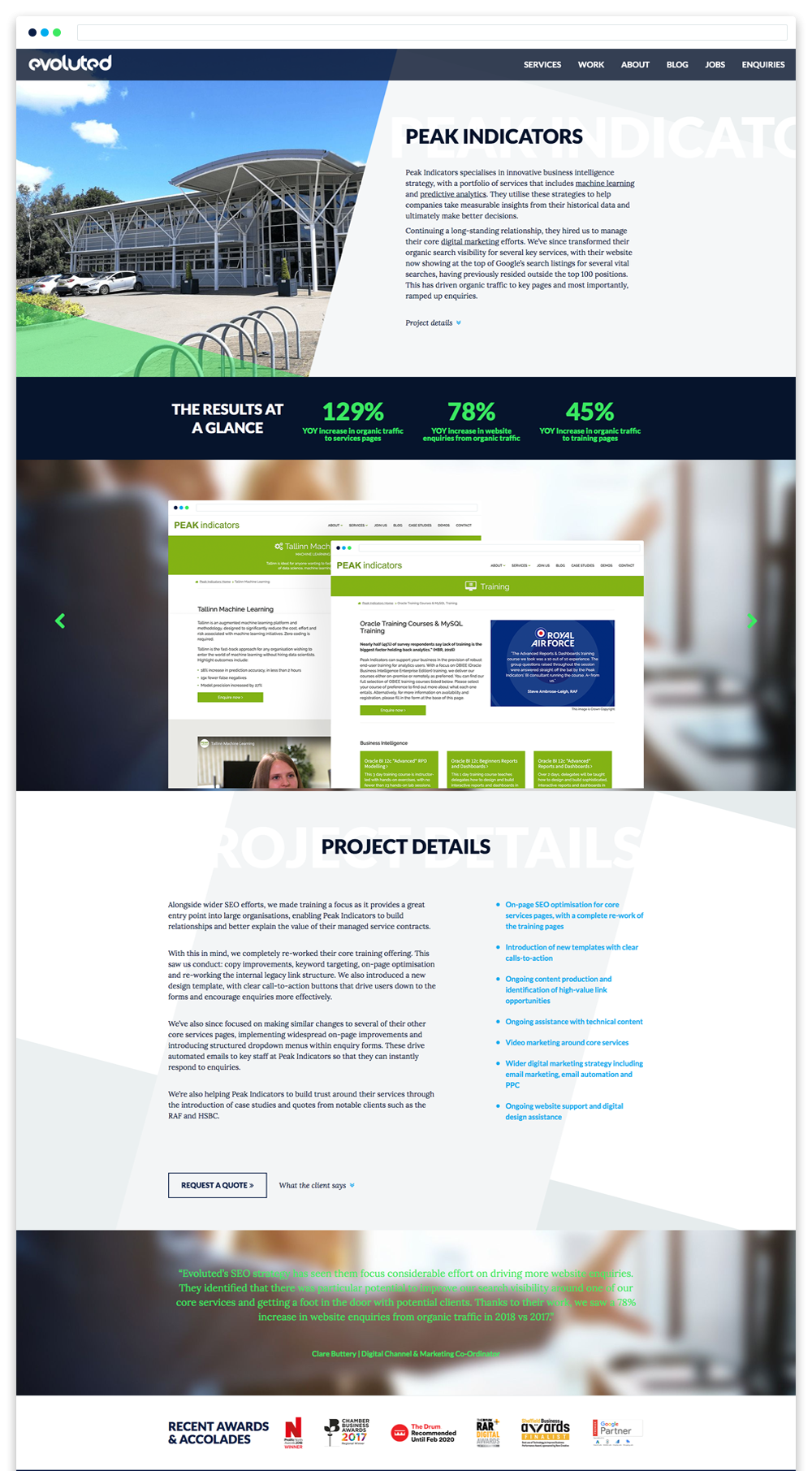
Quizzes
Creating shareable content is a fantastic way to secure backlinks from other domains. Quizzes are interactive and offer the potential for amazing, engaging content that can be embedded on other sites and shared on social media.
Quizzes take development time but the investment can pay off. By providing a piece of content such as a quiz, you’re providing a domain with a ready-made resource to use as new content, that requires very little effort from them.
We created this quiz for CarTakeBack Ireland and sent embed code directly during the outreach process. This was picked up and linked to by several lifestyle sites across Ireland such as, RSVP Live.
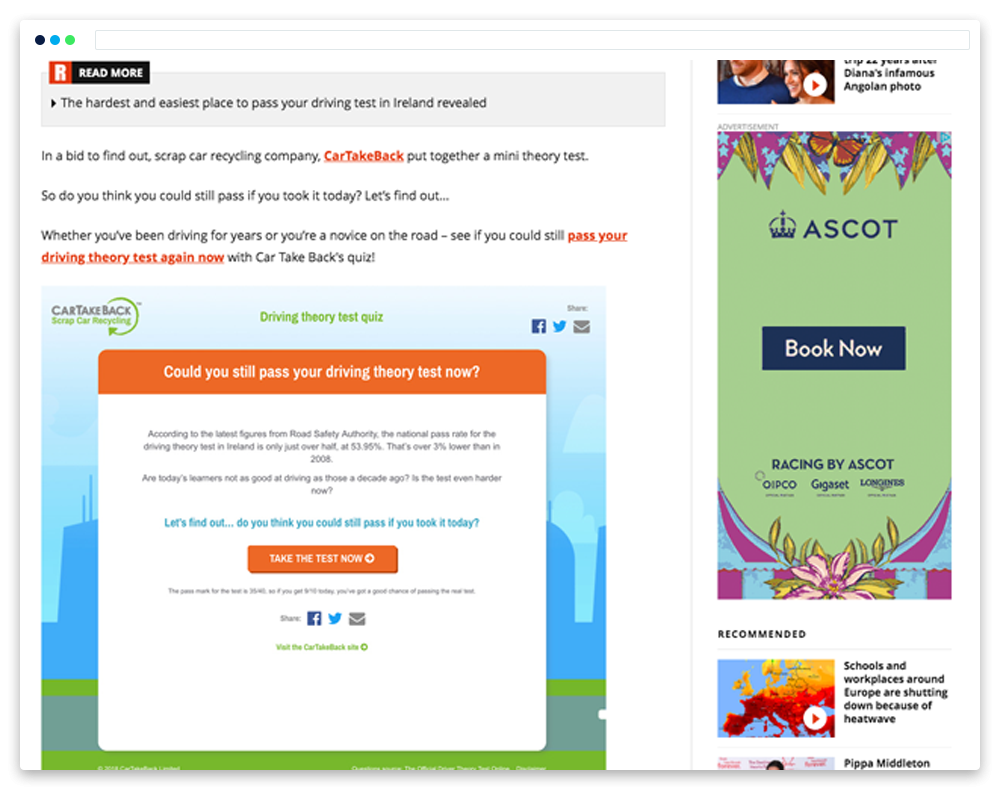
PLAN AHEAD AND UTILISE RESEARCH
Never underestimate the power of planning and understanding your audience. To create content that appeals to your audience, you need to know who they are and what they care about. That’s key to getting the right content to reach them.
Demographics
Utilising Google Analytics and social media analytics can provide you with some great insight into your customers.
Twitter analytics can show you who your twitter followers are - their age, gender, consumer behaviour and much more:
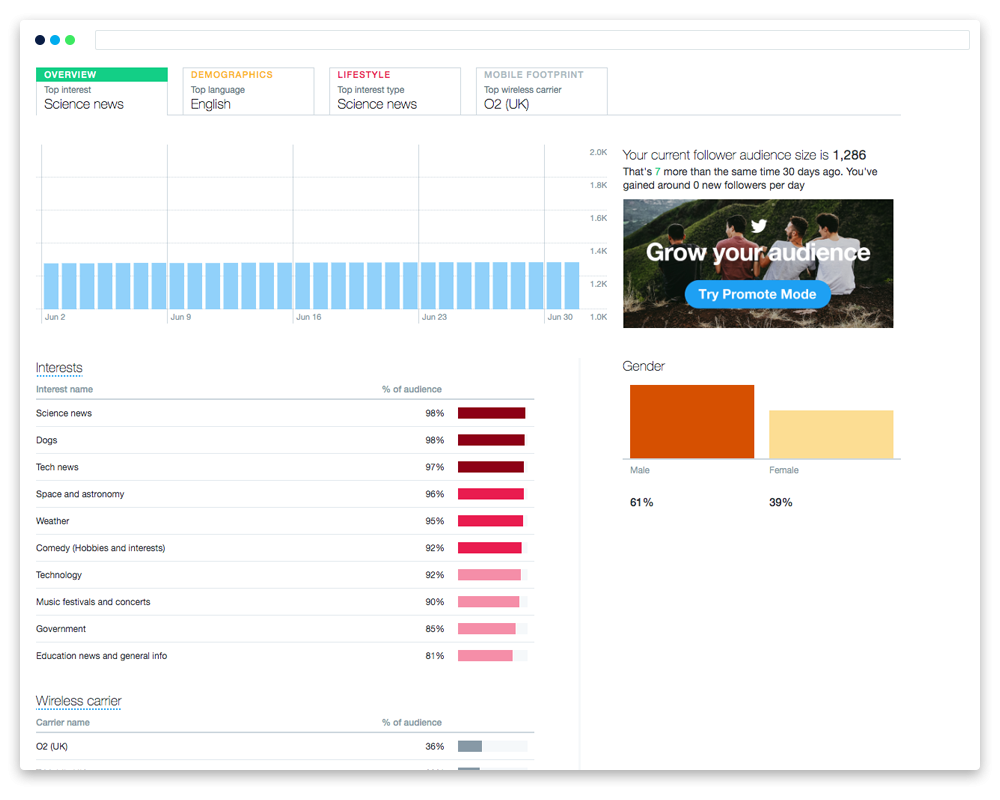
Facebook Audience Insights reveals even more about your social media followers - locations, interests, behaviours, gender, device and more.
Google Analytics provides a window into who visits your site and what they do when they’re there. Try visiting Audience > Interests > Overview.
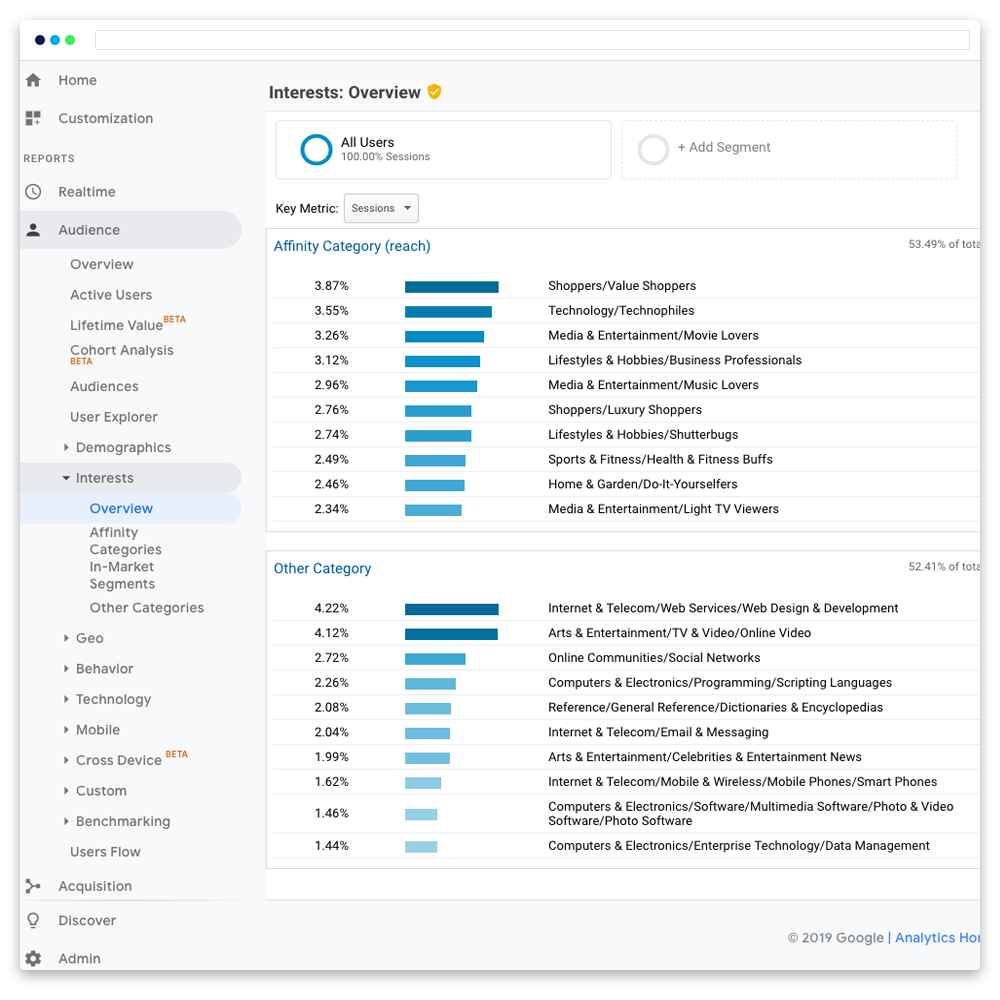
Outreach
Where can you reach a new target audience? Your social media followers and website visitors already know you, so what about using your content to reach further?
Outreach is a strategy to promote your content on external sites or platforms to increase traffic to your site and gain backlinks that can help to improve search rankings.
Spend time researching and creating a target outreach list considering the following:
Where do your competitors get links?Ahrefs is a great tool to find this out.
Which publications share the same target audience as you?
Who is looking for content related to your field? Google ‘guest post’ or ‘guest opportunity’ followed by your industry name or target industry, for example, ‘guest post baking’.
Who is the best person to reach out to with your content suggestions? If you can’t find a contact online, Hunter.io helps you to find email addresses behind any website.
Keywords
Devoting time to keyword research gives you the power to discover what people want to know. Creating relevant, easily digestible and interesting content to answer this should be recognised by Google, pushing you up the SERPs rankings for those queries and helping to bring in relevant customers to your site.
Long gone are the days where you need to force keywords into your content. Google has moved on and will reward engaging, humanly-written, natural content - the algorithm no longer needs keyword stuffing to know this content is what the user is looking for.
Instead we write based on relevant topics now. Keyword research not only reveals what topics people are searching for, but also how many people and in what format they want it in.
Use the keyword tool in Google ads. Make a list of products, services, any other topics related to your business. These are a great place to start and decide what you’d like to rank for.
Enter these into the keyword tool to reveal monthly search volumes in your country (or worldwide) and plenty of extra similar keywords.
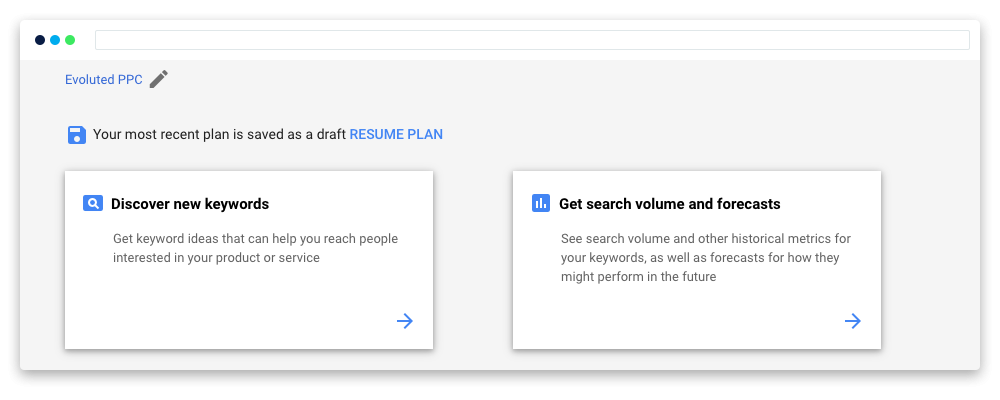
PLAN YOUR RESOURCE
Content creation can be time-consuming. Crafting brilliant copy that answers specific questions in an engaging way, takes skill - if you don’t have the resources in-house to undertake this, consider using a digital agency.
Plan what copy you’ll write and when you’ll launch it in a calendar. Reflect on the best time for each piece.
Are some pieces time-sensitive or seasonal? Lots of people use the big holidays such as New Year, Christmas or Easter, but you don’t need to limit yourself to these - research niche, important dates that are relevant in your market.
If you have a peak busy period, it’s a great idea to get content out a few months before, giving Google time to index it and to secure backlinks on external sites.
Your editorial calendar should detail; who is creating what and when, where it will be published and when it will go live.
At Evoluted, we can help you with all your content needs from strategy and crafting the copy, to publishing and outreach. Get in touch using our enquiry form or call 0114 272 9753.









